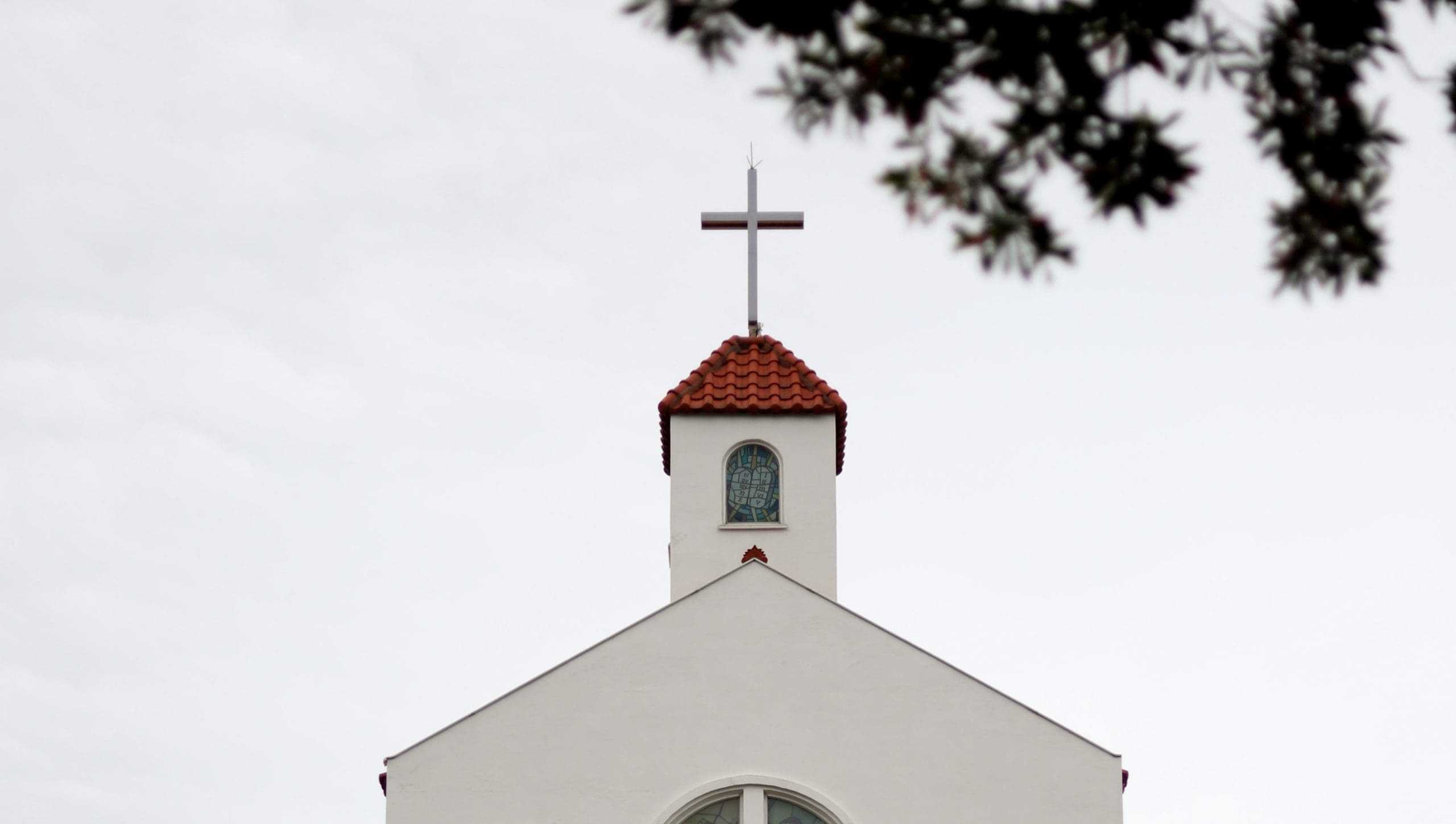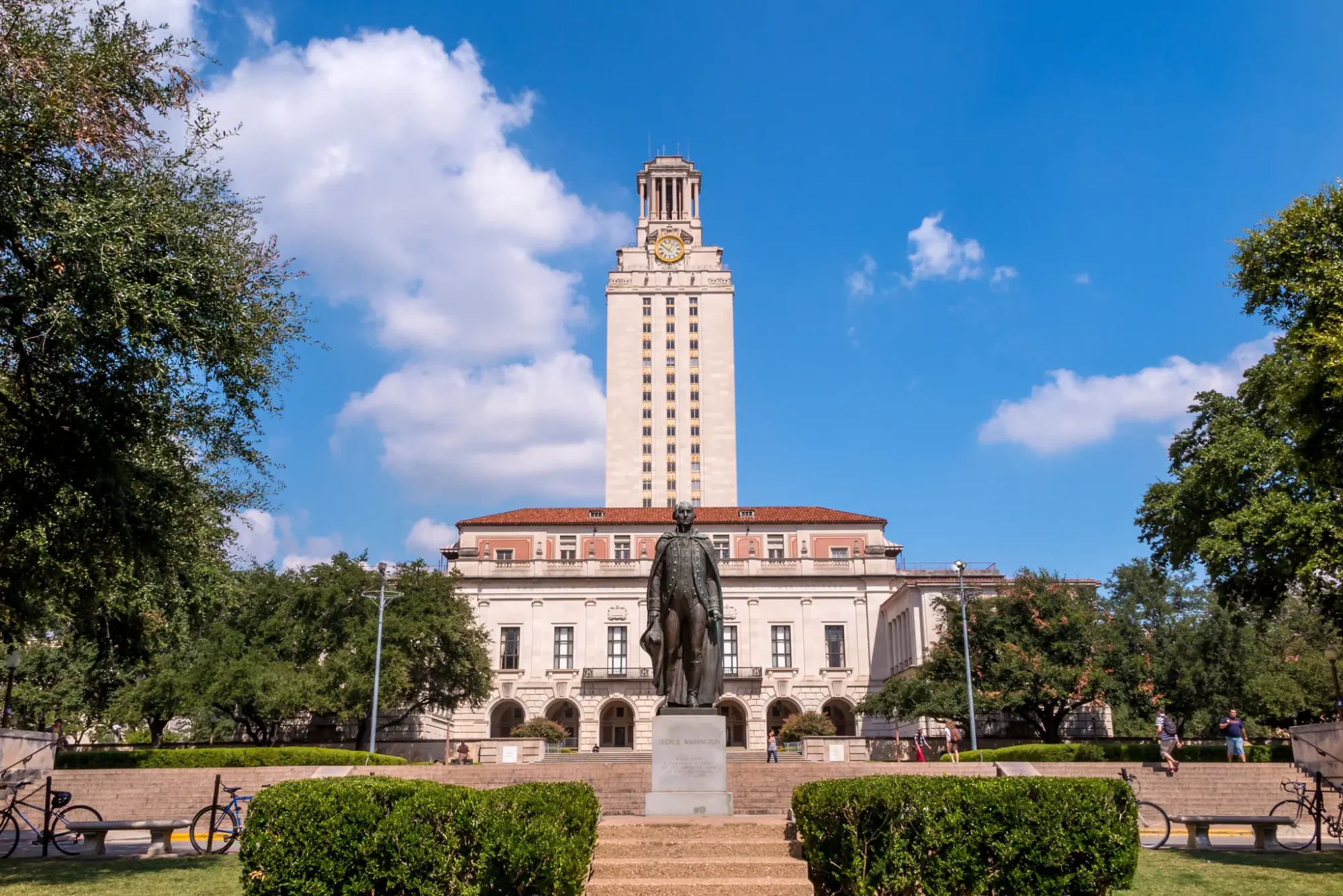AUSTIN — A bill that would protect Texas churches from government closures is moving closer to becoming state law.
On Thursday, the Texas House of Representatives passed the Freedom to Worship Act by a 117-29 vote. The proposed law would prevent government officials at all levels from shutting down churches.
“A government agency or public official may not issue an order that closes or has the effect of closing places of worship in the state or in a geographic area of the state,” the bill reads.
The issue was exposed over the past year, as local and state government officials around the nation tried to padlock churches as part of their coronavirus shutdown orders that crippled countless citizens’ lives and livelihoods.
“Last year, and still this year, some government officials are restricting churches from being open while allowing liquor stores, strip clubs, and casinos to continue to operate,” said nonprofit advocacy group Texas Values.
“The problem I see is at any moment, we could just be shut down and not be able to worship. In fact, our church was actually closed and told if we open, they’d fine me $1,000 and I’d have 180 days in jail,” said Pastor Cody Haynes at the Capitol recently. Haynes pastors a church in the Central Texas area and is involved in a network of cowboy churches.
“We want to be in compliance with our governmental rules, but at the same time, they put such pressure on us that it closed,” Haynes added.
“In addition to adding a prohibition on closures, the bill also creates a defense against prosecution under the protection of the First Amendment,” reads Thursday’s press release from the Texas House Republican Caucus.
“Self-evident truths include … the freedom to exercise one’s religious beliefs without interference from the government,” said San Antonio-area pastor Charles Flowers. “Men are endowed by their Creator, not by government, [and that includes] the right to worship and the right to stay open and help the community, especially in a time of tragedy.”
The proposed law will now need one more procedural vote in the House before moving to the Senate, which has already passed its own version of the act, for approval. However, the same bill must be passed by both chambers of the Texas Legislature before it can head to the governor’s desk for a signature, meaning bill advocates can’t celebrate just yet.
Concerned citizens may contact their state lawmakers through the Texas Directory.





